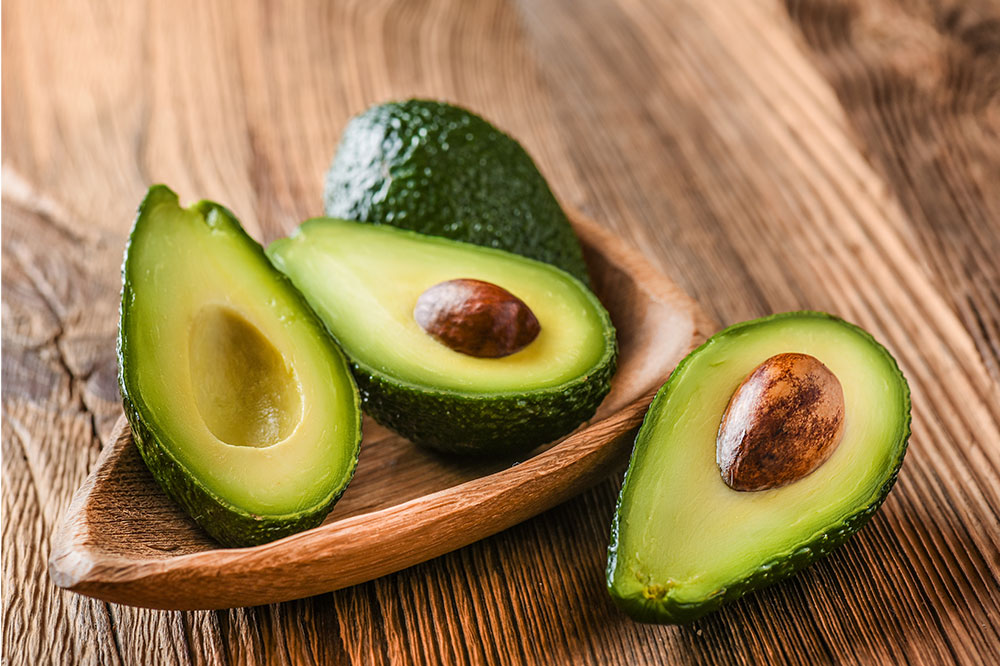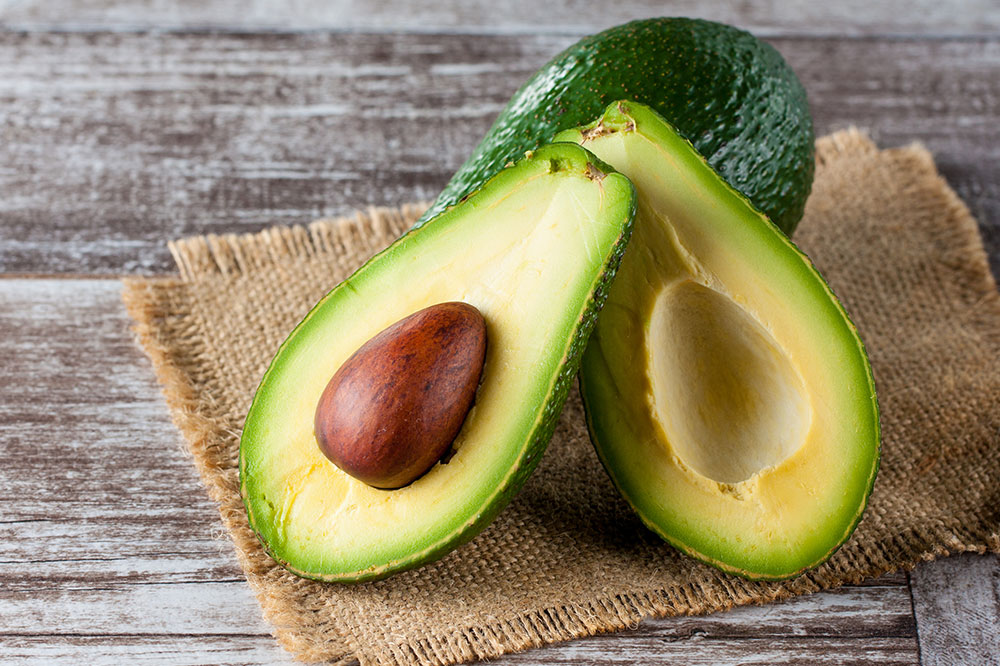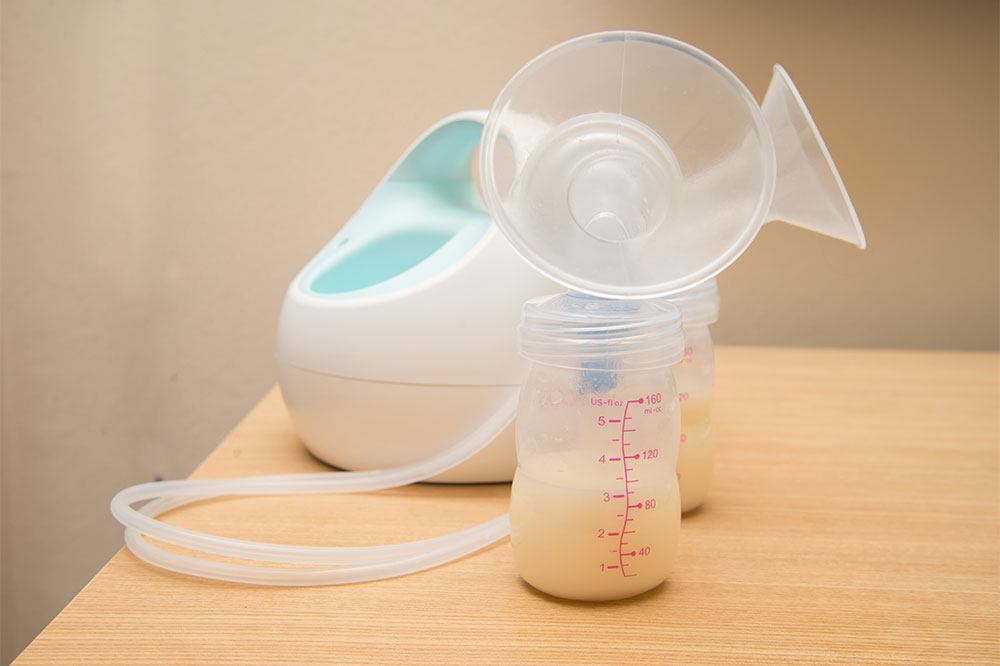Essential Nutrient-Rich Foods Every Nursing Mother Should Incorporate for Optimal Health
Discover the top six nutrient-rich foods that are essential for nursing mothers. This detailed guide highlights foods like avocados, nuts, legumes, seafood, dairy, and whole grains, emphasizing their nutritional benefits that support breastfeeding, boost energy, and promote the healthy development of infants. Learn how to incorporate these foods into your diet and explore supportive breastfeeding equipment options covered by insurance. A healthy diet during lactation is crucial for both mother and baby, and this comprehensive article provides practical tips to optimize your nutritional intake for optimal health and well-being.

Essential Nutrient-Rich Foods Every Nursing Mother Should Incorporate for Optimal Health
Nutrition during breastfeeding is critical for ensuring both the well-being of the mother and the healthy growth of the baby. When a woman is lactating, her body's energy and nutrient requirements increase significantly. Producing sufficient breast milk demands an adequate intake of calories, vitamins, and minerals. Therefore, selecting nutrient-dense foods that support energy levels, boost immunity, and promote proper development in infants is vital. This comprehensive guide explores the top six foods that are rich in essential nutrients, providing valuable insights for nursing mothers aiming to optimize their diet and health.
Avocados: A Rich Source of Healthy Fats and Nutrients
Avocados are renowned for their high content of monounsaturated fats, which offer long-lasting energy and support cardiovascular health. These tropical fruits are also packed with essential nutrients such as vitamin E, folate, vitamin C, and potassium, which are important for both mother and baby's health. Vitamin E acts as an antioxidant, helping protect cells from oxidative stress, while folate plays a key role in fetal brain development and helps prevent neural tube defects. Incorporating avocado slices into salads, spreads, or smoothies can enhance the nutritional value of meals and provide sustained energy during demanding breastfeeding days.
Nuts: Powerhouses of Essential Nutrients and Healthy Fats
Nuts such as almonds, walnuts, cashews, and pistachios are concentrated sources of vital minerals including iron, calcium, zinc, and magnesium. They also provide a good amount of protein, healthy fats, and dietary fiber. These nutrients support the mother’s immune function, bone strength, and energy production. Historically, nuts have been used in various cultures to naturally enhance milk supply. As a convenient snack or a nourishing addition to oatmeal and salads, nuts serve as an excellent way to meet increased nutritional demands during lactation.
Legumes and Beans: Nutrient-Dense and Protein-Rich
Legumes such as chickpeas, lentils, black beans, and kidney beans are vital sources of plant-based protein, dietary fiber, folate, iron, and phytoestrogens. For breastfeeding mothers, consuming an additional 25 grams of protein daily can help support milk production and overall health. Incorporating bean-based dishes like hummus, chili, or salads into your diet offers a versatile way to boost nutrient intake while satisfying hunger. Their high fiber content also aids digestion and helps maintain stable energy levels throughout the day.
Seafood: Brain-Boosting Omega-3 Fatty Acids
Seafood is rich in omega-3 fatty acids, especially DHA and EPA, which are critical for the development of the infant’s brain and visual system. Including moderate amounts of seafood such as salmon, sardines, trout, and pollock in your diet can significantly benefit your baby’s cognitive growth. However, it is important to avoid high-mercury varieties like king mackerel and shark to prevent potential toxin exposure. Properly preparing seafood ensures safety and maximizes nutritional benefits, making it a valuable component of a breastfeeding diet.
Dairy Products: Sustaining Calcium and Vitamin D Levels
Lactating mothers tend to deplete calcium stores, which are essential for maintaining bone strength and overall health. To replenish these nutrients, it is recommended to consume at least three cups of dairy products daily, including milk, yogurt, and cheese. Dairy is also a good source of vitamin D, which enhances calcium absorption. Incorporating dairy into meals and snacks helps meet daily nutritional needs and supports both mother’s bones and the infant’s growth.
Whole Grains: Providing Lasting Energy
Incorporate at least 8 ounces of whole grains into your daily diet to sustain energy levels and support overall health. Suitable options include quinoa, brown rice, oats, fortified cereals, and whole-wheat bread. These foods are rich in dietary fiber, B-vitamins, antioxidants, and other vital nutrients. Whole grains help stabilize blood sugar levels, promote digestion, and prevent fatigue, which is especially important during the physically demanding period of breastfeeding.
Breastfeeding Equipment: Supportive Resources for Nursing Moms
Under the Affordable Care Act, many insurance plans, including providers like Cigna, cover the cost of breast pumps. This coverage allows mothers to access high-quality breast pumping equipment at little or no cost. Popular models such as Elvie, Spectra, and Medela are available through insurance plans, making it easier for nursing mothers to express milk comfortably and efficiently. Whether for work, convenience, or medical reasons, having the right breast pump supports successful breastfeeding and ensures that babies continue to receive the nutritious benefits of breast milk.




